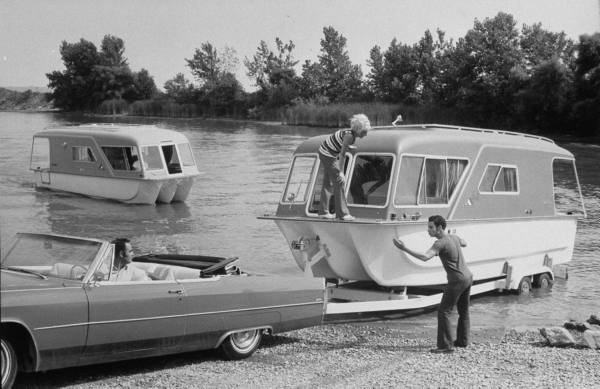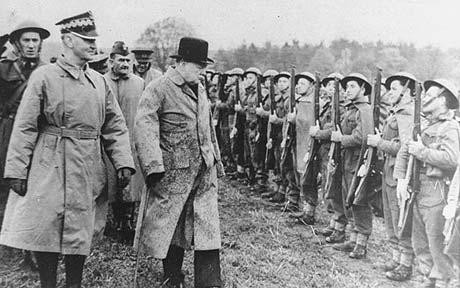Magazine Archives
Post on: 12 Июль, 2015 No Comment

The question
I retired at 60 with a 20 year investment horizon, now 12 years later should my horizon be eight years, or still 20 years? Obviously at some stage I could start drawing on capital (or need to).
From Baffled Pensioner
My Answer
This is an issue that affects many retirees and can often be a source of real distress as they see their capital dwindling. When you determine your investment horizon for retirement, you need to take into account a few different variables. Firstly, I don’t believe you can retire at age 60 and only plan for 20 years of post-retirement life. We have a substantial number of clients who are already in their 80s and a few who are already in their 90s.
We currently plan for the person to live until age 100 when we do our retirement plan for individuals.
This might seem excessive but our clients who are already in their 90s prove the point that people are living longer and you cannot simply rely on the actuarial tables which indicate an average mortality age of 78. It is well known that middle and upper income people are living longer due to the benefits of modern medicine.
Health and longevity
If you are already 72 years old, you need to take a realistic view of your health issues and your family history. This might seem like a very morbid point, but it is still important. For instance, if your parents and grandparents lived to a ripe old age and you are in good health at age 72, it is highly likely that you might still live for many years. This means you certainly cannot plan for only another eight years, unless your health is very poor. Sorry, I know this is morbid.
Drawing on your capital
When you are retired and you find that the income your capital generates is not sufficient to meet your needs, it can be very frightening to start drawing on your capital too. This does not mean that you are necessarily in dire straits; well diversified investment portfolios can sustain some capital withdrawals over the long term.

As an example, if you have R3m invested, which provides you with your retirement income, you can draw a maximum of R240 000 per year. This amounts to 8% of the R3m. This level of withdrawal should ensure that your capital lasts for a substantial period of time, i.e. potentially 20 years or longer until it is exhausted. If you are drawing 4%, your capital might last indefinitely. A withdrawal rate of 12% is very high and you will definitely erode your capital quite rapidly. In fact, I think you will be fortunate if it lasts 15 years.
You need to be appropriately invested
If you are drawing a high income percentage from your capital, i.e. more than 8%, you cannot really afford to take significant investment risk. This means you need to invest in a cautious or moderate portfolio rather than a balanced or high equity investment. This might seem counter-intuitive. But a higher growth portfolio carries more risk and you cannot afford to lose money during a stock market crash, because you will accelerate the erosion of your capital. Ideally your investment should have a maximum of 35% to 40% in shares so that you can still get some inflation protection.
If you are only drawing 5% from your capital on a yearly basis, you can invest in a balanced or high equity portfolio. This means you can have up to 70% in shares. In good years you will get significant capital growth, which will compensate you for the bad years where you might experience a significant loss. Because you are only drawing 5% of your capital, it is likely that your money will still be able to recover after a market crash, even if it takes a year or three.
If you are drawing more than 12% of your capital every year, you should rather invest only in high interest income funds or RSA Retail Bonds, because you cannot afford any stock market losses. You need as much guaranteed income as possible. You should also try to limit your monthly costs as much as possible and find alternative sources of income or capital. For example, if you still own your home, you should consider selling it and renting a small apartment instead. This will free up some capital and limit your monthly expenses as you will no longer have to maintain your home.














